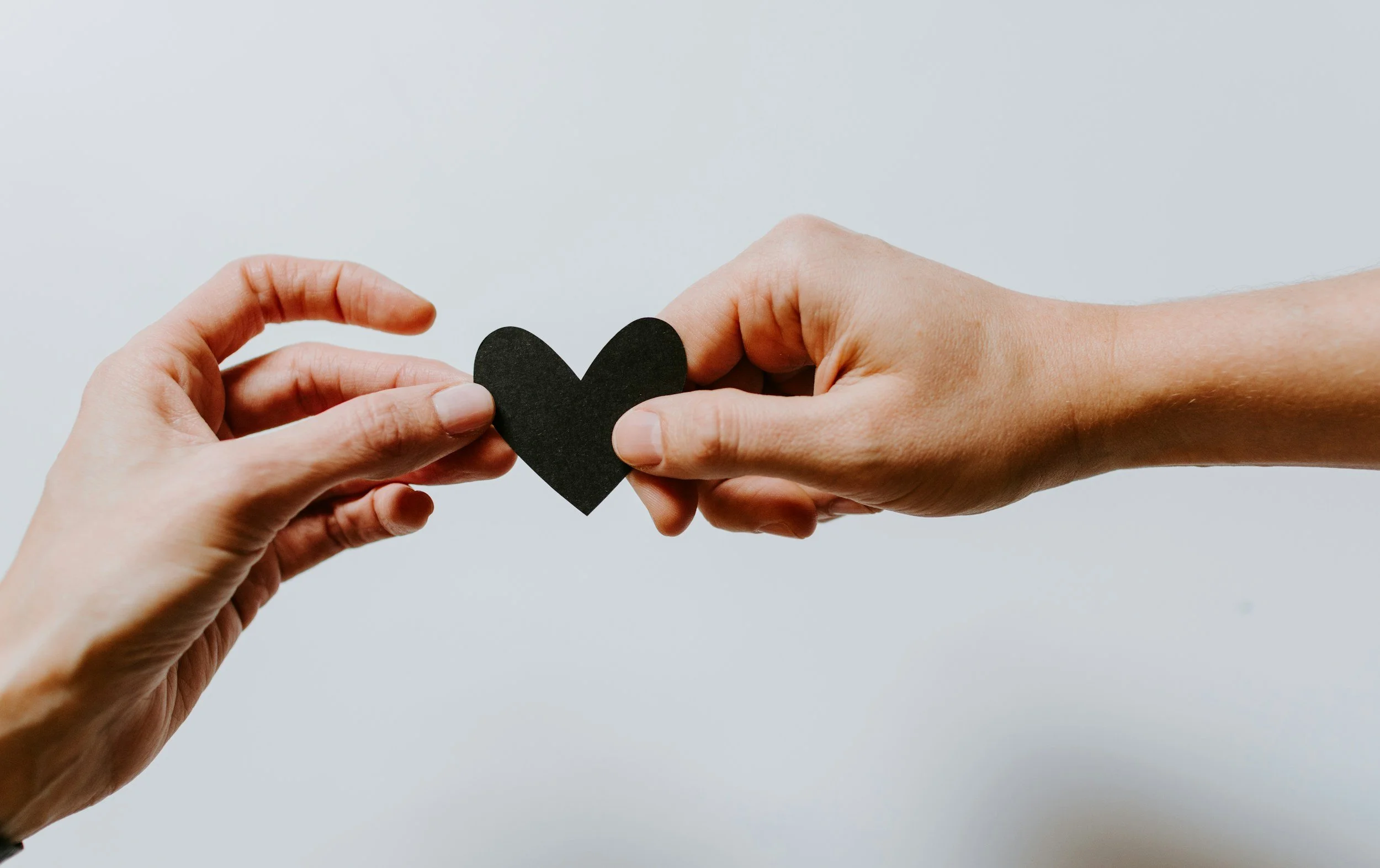March carries a vibrant energy of awakening, urging us to shake off the sluggishness of winter.
The arrival of spring stirs excitement and motivates us to embrace new opportunities. This fresh energy can be channeled into building routines or pursuing creative endeavors.
As nature begins to bloom, it reflects the potential of growth within. This is the perfect time to set intentions for the months ahead and take inspired action toward your goals.
The energy of March supports projects that require focus and momentum.
Let this awakening energy inspire you to see the world with fresh eyes. Whether it is starting a new hobby or reconnecting with an old passion, March encourages you to embrace each day with enthusiasm and curiosity.
-Sister Ann MacDonald, csj
Image: Alaric Duan | Unsplash







